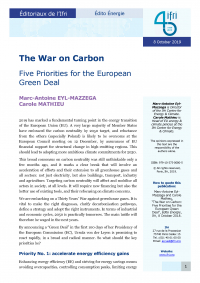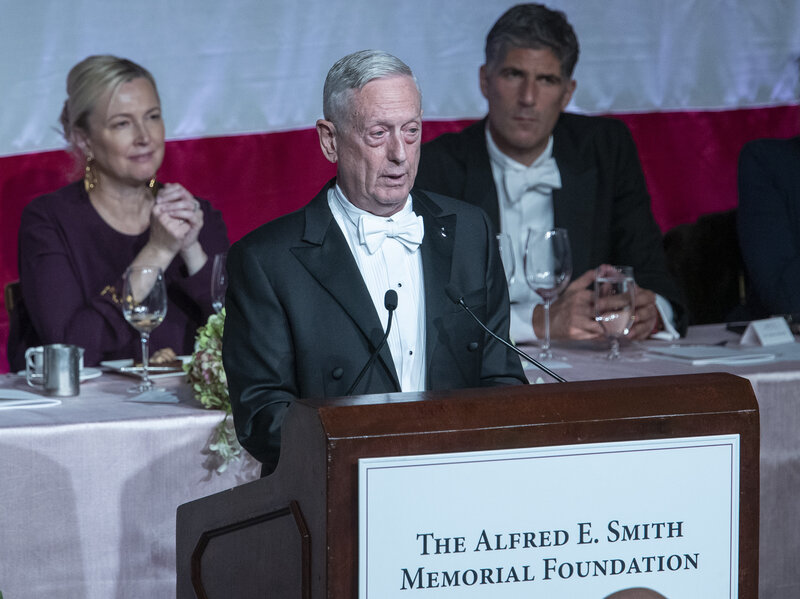Madiha Afzal
America is, understandably, tired of its “longest war”: Neither the Trump administration nor the American public has any desire to remain in Afghanistan. The question doesn’t seem to be if America leaves Afghanistan — this is all but a foregone conclusion — but when and how. The U.S. peace talks with the Afghan Taliban (stalled for now, but possibly inching toward a restart) after 18 years of fighting with the group, need a narrative explanation, and one that goes beyond the exhaustion of war and the inability to win militarily.
Pakistan’s Prime Minister Imran Khan, who has been helping the U.S. with these talks, has provided one narrative. On his visits to the United States — two in the last three months, one for his first meeting with President Trump, and the second for a speech at the U.N. General Assembly — a key topic of discussion was peace talks with the Taliban. In that context, Khan was asked, especially during his appearances at think tanks, about the relationship between Pakistan, terrorism, and the Taliban.
WHAT KHAN SAYS






/38.51341656249996,34.94628755240654,5/421x337.png?access_token=pk.eyJ1IjoiZGFsdG9ud2IiLCJhIjoiOWdSSXFQSSJ9.HZyjh4g3TAAOAncwelv9Vw)





/arc-anglerfish-arc2-prod-mco.s3.amazonaws.com/public/VBHPMIUQK5CKDISMDEY3JWCLYE.jpg)

